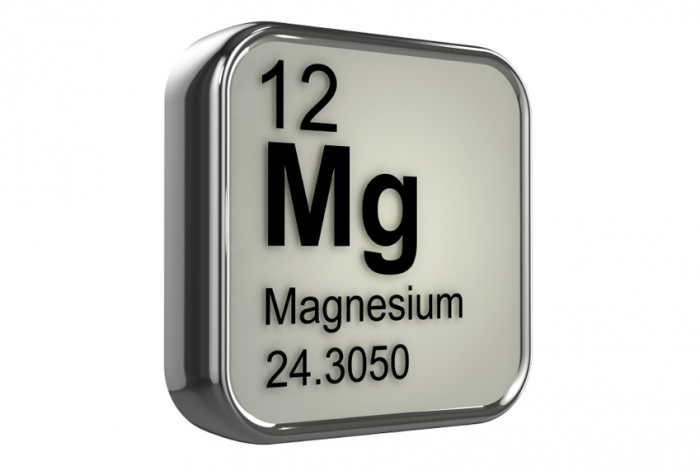Page Contents
- 1 WHAT IS IT?
- 2 WHAT CAUSES IT?
- 3 INITIAL PRESENTATION
- 4 WHAT ARE IMPORTANT ELEMENTS OF THE MEDICAL HISTORY?
- 5 WHAT ARE IMPORTANT FEATURES OF THE PHYSICAL EXAM?
- 6 CLINICAL WORKUP: SERUM STUDIES
- 7 WHAT IS OUR THRESHOLD FOR DIAGNOSIS?
- 8 HOW DO WE MANAGE A PATIENT WITH THIS DIAGNOSIS?
- 9 ARCHIVE OF STANDARDIZED EXAM QUESTIONS
WHAT IS IT?
Hypomagnesemia refers to low levels of magnesium within the serum (< 1.8 mg/dL).

WHAT CAUSES IT?
Possible causes of this condition can fall into several categories (outlined below):
- Compromised magnesium intake: poor dietary intake, intestinal malabsorption, inadequate magnesium supplementation in a care setting
- Excessive magnesium loss: excessive loss in GI system (i.e. diarrhea), excessive urinary losses (i.e. diuretics)
- Other medical conditions: hyperaldosteronism, hypercalcemia, acute pancreatitis, burned patients
INITIAL PRESENTATION
Patient Issues/(Chief Complaints):
- Delirium
- Convulsions
Detection On Medical Workup:
- Finding from a serum magnesium study
WHAT ARE IMPORTANT ELEMENTS OF THE MEDICAL HISTORY?
Risk Factors:
WHAT ARE IMPORTANT FEATURES OF THE PHYSICAL EXAM?
Neurological Exam:
- Increased deep tendon reflexes
- Positive Chvostek sign
- Tremors
CLINICAL WORKUP: SERUM STUDIES
Serum magnesium: this serum study will help aid in the diagnosis.
WHAT IS OUR THRESHOLD FOR DIAGNOSIS?
A serum magnesium of < 1.8 mg/dL is the threshold for diagnosis hypomagnesemia
HOW DO WE MANAGE A PATIENT WITH THIS DIAGNOSIS?
A separate page dedicated to managing this electrolyte abnormality can be found here.
ARCHIVE OF STANDARDIZED EXAM QUESTIONS
This archive compiles standardized exam questions that relate to this topic.
Page Updated: 01.28.2017